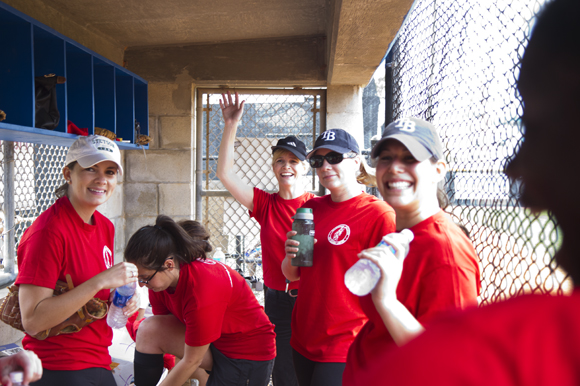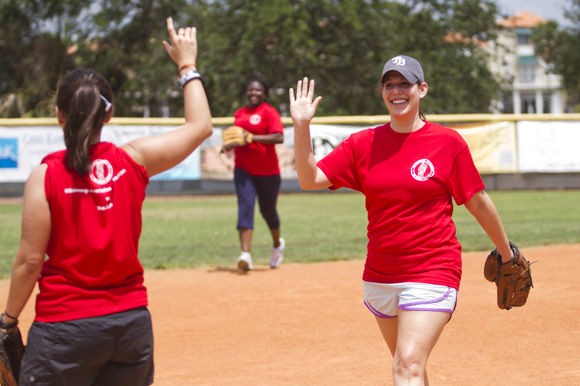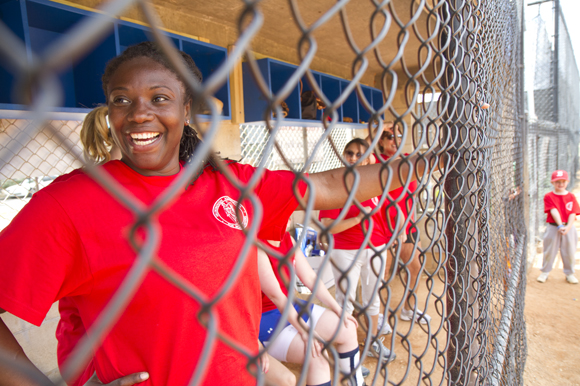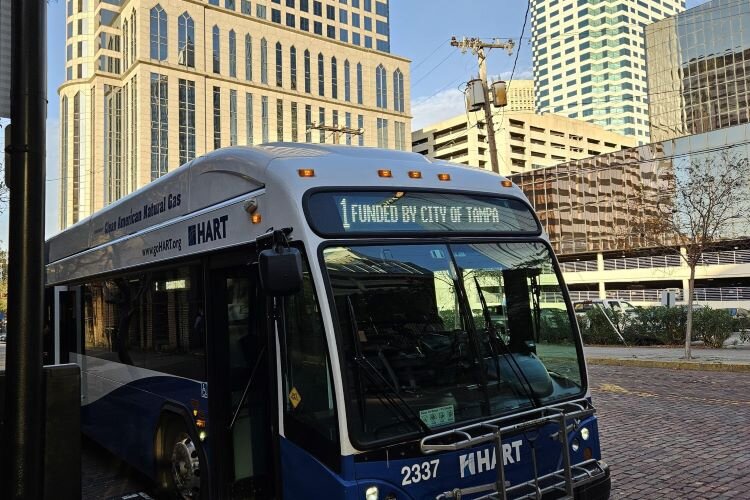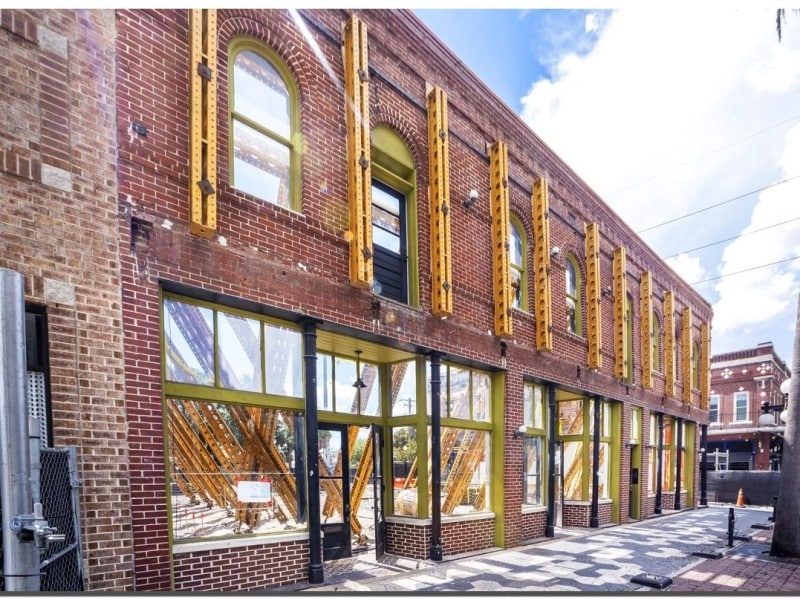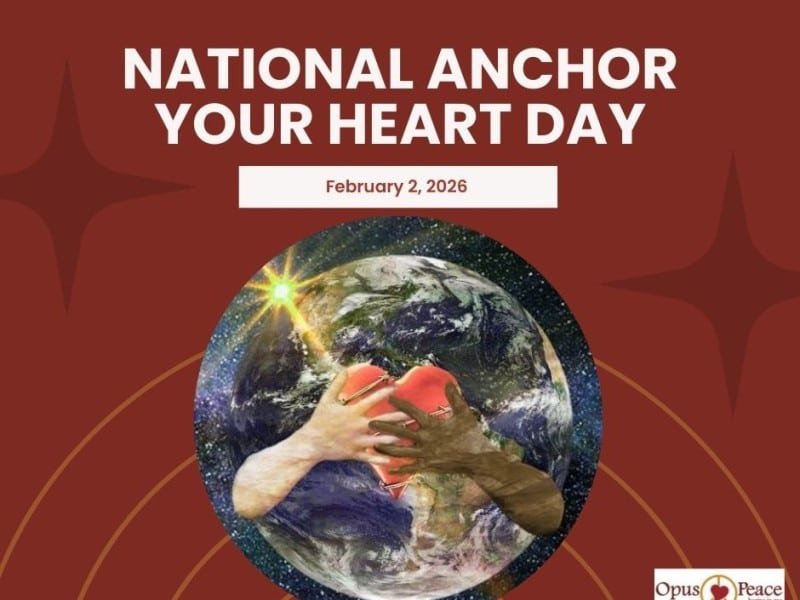HAWL: Connecting Women Lawyers, Tampa
Where can an aspiring — or even an established — woman lawyer in Tampa Bay turn for support and career advice in what tends to be a male-dominated profession? HAWL may be just the place.
If you think about professions most deeply impacted by a tough economy, attorneys probably aren’t near the top of your list.
But that’s just one of many misperceptions about the legal profession, says Rachael Greenstein, an associate in the Consumer Finance Litigation and Compliance Practice Group of Akerman Senterfitt. Greenstein is also a member of the Hillsborough Association for Women Lawyers or HAWL, a unique networking group connecting local women attorneys and judges — experienced and aspiring.
“The general public may think there’s plenty of work to go around, but for some in law, like real estate attorneys, for example, they’ve been hit hard and many have lost their jobs,” she says.
Greenstein points out that during 2008-2009, the Tampa Bay area became saturated with attorneys and graduating law students seeking employment who met up with a lack of jobs.
“Things have been starting to bounce back, but when you’re coming out of law school with loan debt and no job readily available, it can be difficult,” she says.
Growing A Network
HAWL launched in 1981 when a small group of lawyers who regularly lunched together saw an opportunity to expand an informal circle into a formal gathering of women across their profession to share experiences and support in a male-dominated field. Since then, HAWL has surpassed 250 members and been recognized with the 2011 Outstanding Chapter Award by the Florida Association for Women Lawyers, FAWL.
The group meets about eight times annually for luncheons that feature an array of community speakers. HAWL also holds special networking outings and social functions, including softball games, community outreach and educational events to encourage ongoing communication and knowledge-sharing.
“Women face different obstacles in the practice of law,” says Victoria N. McCloskey, an attorney with Ogden & Sullivan, P.A. who joined HAWL in 2006. “It’s nice to be able to get together and network with other professional women who understand those obstacles and have gone through the same thing.”
Greenstein and McCloskey, who serve on HAWL’s board of directors, coordinate the organization’s mentoring program, re-launched in 2008. In over three years, the program has grown from around 50 combined mentors and mentees to over 150 total participants with some members working with a few mentees during a semester and a student waiting list the co-chairs go to great lengths to curtail.
“We try to get every student matched with a mentor,” McCloskey says. “Students have picked up on the benefits of a program that enables them to mix and mingle with attorneys and judges.”
Jessilyn Thiboult is in her third and final year at Stetson University College of Law and president of the school’s FAWL student chapter. She was paired up with Greenstein in the mentoring program during her first year and has since worked closely with other mentors, including a judge. With graduation in May and completion of the bar exam this summer looming, Thiboult considers herself fortunate to have a fulltime assistant state attorney position lined up at the Palm Beach state attorney’s office. She credits the internships and networking opportunities that HAWL’s mentoring program offer for having helped her make this happen.
“I think as law students, we look at this profession as all-consuming,” Thiboult says. “It’s really refreshing to meet these women and realize that you can have conversations about many other things other than law, and it gives you so much to look forward to in the profession.”
Mentoring Momentum
McCloskey says the mentoring program offers a mutually beneficial learning opportunity for both mentors and mentees.
“Getting the chance to talk to the law students and understand what they’re going through helps me keep things in perspective. Helping them realize that yes, it is important to do well in school, but there is a life out there that you’re going to be in and a lot of opportunity and potential, has made it really rewarding for me,” says McCloskey, who serves as mentor to Christina Benitez, a second-year Stetson law student. Benitez met McCloskey at one of the group’s mixers during her first year. They have been paired up ever since.
“It’s not just about law. It’s about our personal lives,” Benitez says. “We might think that already established attorneys would be too busy to help students get ahead, but I was really surprised in a positive way how much the mentors want to help us establish personal contacts in order to succeed.”
Claudia Rickert Isom has been a HAWL member for over 20 years and served on the bench for 21 years, currently as a circuit judge on the Thirteenth Judicial Circuit of Florida. She became a mentor for the program four years ago after learning about studies that seemed to indicate women lawyers may not have the same mentoring opportunities as men within the law firm they practice. Isom says for a mentoring relationship to work, it must move at its own pace and develop naturally.
“You can’t do the same thing with every mentee because all do not have the same interests and needs. The mentee-mentor relationship has to evolve and forge itself to the particular needs of the mentee and the talents and resources of the mentor,” she says. “I’m a mom, so I like to nurture. I like to think that I’m helping people and giving people the benefit of my experience, so the path can be smoother for them.”
Chris Kuhn is a freelance writer living in the ‘burbs of Tampa with her husband and her assistant, a 14-year-old dachshund-Chihuahua. Comments? Contact 83 Degrees.

